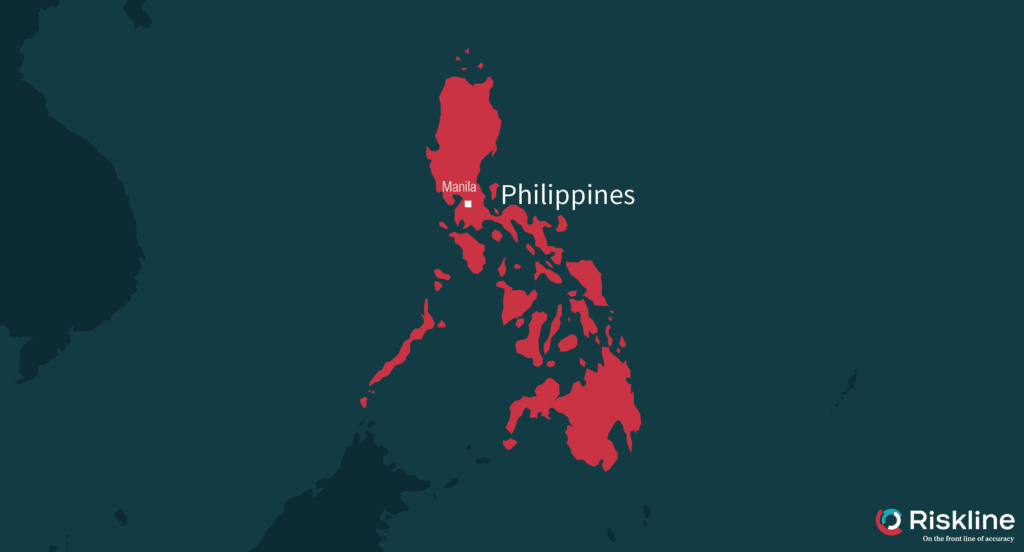The Mindanao region in the southern Philippines has witnessed one of the most protracted and deadly conflicts pertaining to autonomy for a religious minority in the region. For decades, the Muslim population, referred to as the Moros, has demanded and fought for self-rule in the mainly Christian country. On 26 July, President Rodrigo Duterte, a man with both Christian and Muslim roots, finally signed a bill that would give greater control to the Muslim community over their region, in a significant step towards resolving the long, drawn-out conflict and bringing stability in Mindanao. Even though Islamist extremism will continue to plague the population, chances of combating militancy increase as the Duterte administration reaches an agreement with the leaders of the Moro Islamic Liberation Front (MILF).
In 1971, Moro politician Nur Misuari established the Moro National Liberation Front (MNLF) to fight the central government for an independent Moro nation. President Corazon Aquino met Misuari in 1986, and after holding talks passed a law endowing a degree of self-rule to the Muslim areas, thereby establishing the Autonomous Region in Muslim Mindanao (ARMM), consisting of Maguindanao, Lanao del Sur, Sulu, Tawi-Tawi and Basilan provinces. An important peace agreement was later signed between President Fidel Ramos and the MNLF in 1996, following which Misuari ran for office and became the governor of ARMM. However, violence erupted in 2001 when Misuari’s supporters led an attack against army headquarters in Jolo, Sulu province, to disrupt upcoming ARMM elections intended to replace him as governor. Clashes continued over the years until the group became weak and fractured and the ARMM derailed.
In 1981, the MILF was formed after its founder Salamat Hashim broke away from the MNLF. Peace talks between the MILF and the government have been ongoing since 1997, with mixed results. President Benigno Aquino made considerable efforts during negotiations, culminating into the Comprehensive Agreement on Bangsamoro (CAB) in March 2014. Keeping in line with the agreement, the MILF decommission its Bangsamoro Islamic Armed Forces armed wing in exchange for the formation of an autonomous Bangsamoro region. However, the legal framework of the CAB – the Bangsamoro Basic Law (BBL) or Bangsamoro Organic Law (BOL) – was compromised following a deadly clash between rebel fighters and government forces in Mamasapano, Maguindanao, in January 2015. Eventually the BOL, which aims to establish a Bangsamoro Autonomous Region – an autonomous political entity replacing the previous ARMM – was taken up with renewed efforts under the administration of President Rodrigo Duterte, who in July 2018 signed the law after it was ratified by the parliament, thus initiating a new procedure of self-rule for the region.
If carefully implemented, the long-awaited BOL can achieve a substantial degree of stabilisation in the war-torn region. Indeed, the MILF has come to be identified as the largest and the only Muslim separatist group willing to enter into peace talks with the government. Splintered factions like the Bangsamoro Islamic Freedom Fighters (BIFF), the Maute Group and Abu Sayyaf have become heavily influenced with the ideology of Islamic State (IS) and resort to violent methods to achieve their desired goal of a separate Muslim state. In this perspective, a united front consisting of the Filipino government and MILF leadership is the only solution to the wider problem of Islamist militant outfits working to destabilise the region.
According to the new BOL, an 80-member panel is to be appointed by Duterte in order to set up a parliamentary system for the Bangsamoro region later in the year. Politically as well as legally, it is mandatory that the government adheres to the plan and follows through every step to ensure the implementation of the new framework; further delays in the peace process could easily trigger violence and hamper mutual efforts. For example, according to the BOL, the government should provide state funding and hand over the control of natural resources to the Bangsamoro people. Concrete measures to turn such initiatives into reality should be undertaken as early as possible, with the MILF having vowed to disarm its rebel fighters based on the autonomy and benefits assured by the new law. The MNLF had separately also demanded more job opportunities and scholarships for the local population, something that the government needs to consider seriously in light of the fact that rising unemployment rates contribute to increasing Islamist militancy.
The government must also invest in forming a solid political and military alliance with the MILF, aiming to strengthen its influence as the dominant regional authority. This would be a critical element for the Duterte administration to effectively combat militancy in the region. Once the majority of the local population is unified under the MILF and start receiving better opportunities, lesser recruits would be available for Islamist organisations; if local discontent reduces, the appeal of radical groups would also decrease. Chairman of the MILF Ebrahim Murad also declared that the BOL would help reunify the different separatist factions, as these groups were largely a consequence of the frustration with the lack of progress in the peace process.
There is still a long way to go for the central government before peace starts to prevail in Mindanao. However, the process has been initiated with the passage of the BOL, and it should be followed up with tangible efforts without delay. For the local population to reject violence, the Duterte administration needs to ensure that the law does not remain abstract. And he stands a chance for that, being the first president hailing from Mindanao and with an in-depth understanding of the conflict that makes him a suitable leader to bring about peace in the region.















